Seafood and shellfish like prawns are not only delicious but also packed with nutrients. Prawns are a good source of high-quality protein, low in fat, and contain essential vitamins and minerals such as vitamin B12, iron, and zinc. They’re also rich in omega-3 fatty acids, which are beneficial for heart health. But in humans, many individuals with prawn allergies, avoid them to prevent adverse reactions. You will find out in the further blog can dogs eat prawns or not.
Can Dogs Safely Consume Prawns?
Yes, dogs can safely consume prawns, but there are some important considerations to keep in mind. Prawns are a good source of protein, vitamins, and minerals, which can benefit your dog’s overall health. It’s essential to offer prawns in moderation and ensure they are prepared plain, without any seasoning, breading, or sauces that may be harmful to dogs.
Always remove the shell and tail to prevent choking hazards. Some dogs may have allergies or sensitivities to shellfish, so it’s wise to introduce prawns gradually and monitor your dog for any adverse reactions. With proper preparation and moderation, prawns can be a tasty and nutritious occasional treat for your canine companion.
Benefits of Prawns for Dogs
Now we know can dogs eat prawns but Prawns can offer several benefits to dogs when consumed in moderation as part of a balanced diet. While prawns can offer these benefits, it’s important to remember that they should be offered in moderation and prepared plain, without any seasoning, breading, or sauces that may be harmful to dogs. Here are some of the potential benefits of prawns for dogs:
High-Quality Protein: Prawns are rich in high-quality protein, which is essential for building and repairing tissues, supporting muscle health, and maintaining a healthy immune system in dogs.
Nutrient-Rich: Prawns contain essential vitamins and minerals such as vitamin B12, iron, and zinc, which contribute to overall health and well-being in dogs.
Omega-3 Fatty Acids: Prawns are a source of omega-3 fatty acids, which have anti-inflammatory properties and support skin and coat health in dogs. Omega-3s may also benefit joint health and cognitive function.
Low in Fat: Prawns are relatively low in fat compared to other protein sources, making them a suitable option for dogs who need to manage their weight or have digestive sensitivities to higher-fat foods.
Palatability: Many dogs find prawns to be delicious and enjoy the taste and texture, making them a desirable treat for training or as an occasional indulgence.
Always remove the shell and tail to prevent choking hazards. If your dog has any allergies or sensitivities, it’s best to consult with your veterinarian before introducing prawns or any new food into their diet. With proper precautions, prawns can be a tasty and nutritious addition to your dog’s menu.
How to Offer Prawns to Your Dog?
When offering prawns to your dog, it’s essential to prioritize their safety and enjoyment. Here are some guidelines to ensure that prawns are prepared and presented in a way that is both delicious and safe for your furry friend.
To ensure the safety and well-being of your furry friend, it’s best to stick to plain, cooked prawns without any seasoning, breading, or sauces. Removing the shell and tail before offering prawns to your dog can also help prevent choking hazards. Always introduce new foods gradually and monitor your dog for any adverse reactions. If you’re unsure about whether a particular food is safe for your dog, it’s always a good idea to consult with your veterinarian.
You Can not give prawns to your dog in these forms:
Raw Prawns: Raw seafood, including prawns, can contain harmful bacteria and parasites that may cause food poisoning or gastrointestinal upset in dogs. Cooking prawns thoroughly helps kill these pathogens, making them safer for consumption.
Garlic Prawns: Garlic, along with onions and other members of the allium family, is toxic to dogs. Even small amounts of garlic can cause oxidative damage to red blood cells, leading to a condition called hemolytic anemia. Therefore, it’s crucial to avoid feeding garlic prawns or any other foods containing garlic to dogs.
Seasoned Prawns: Prawns cooked with seasoning blends or sauces containing ingredients like onions, chives, or other spices can be harmful to dogs. Onions, similar to garlic, belong to the allium family and can cause toxicity in dogs, leading to gastrointestinal upset or even more severe health issues.
Breaded Prawns: Prawns that are breaded and fried may contain ingredients such as breadcrumbs, flour, or batter, which can be difficult for dogs to digest. Additionally, the frying process can add extra fat and calories, potentially leading to digestive issues or weight gain in dogs.
Marinated Prawns: Prawns marinated in sauces or dressings, especially those containing ingredients like garlic, onions, or artificial additives, should be avoided. These marinades may contain ingredients that are toxic to dogs or can cause gastrointestinal upset.
Processed Prawn Products: Commercially processed prawn products like shrimp chips or prawn-flavored snacks often contain additives, preservatives, or other ingredients that may not be suitable for dogs. It’s best to stick to plain, unprocessed prawns when feeding them to your furry friend.
Can dogs be allergic to prawns?
Yes, dogs can indeed be allergic to prawns. While seafood allergies are less common in dogs compared to other food allergies, they can still occur. Prawn allergies in dogs may cause itching, redness, swelling, vomiting, diarrhea, hives, and in severe cases, breathing problems. If you think your dog has a prawn allergy or any food sensitivity, consult your vet for accurate diagnosis and care. They may recommend allergy testing or an elimination diet to identify the specific allergen. If your dog is allergic to prawns, avoid feeding them this food and other seafood to prevent allergic reactions. Prioritize their health and well-being.
Final Words on Can Dogs Eat Prawns
Prawns can be a tasty and nutritious addition to your dog’s diet when offered in moderation and prepared properly. Prawns offer health benefits, but ensure they’re plain, cooked, and free of harmful ingredients like garlic for your dog’s safety. Follow these guidelines to prioritize your dog’s safety and well-being. Share the joy of prawns with your furry friend responsibly. As always, if you have any concerns or questions about feeding prawns to your dog, consulting with your veterinarian is the best course of action.
Interesting Reads:

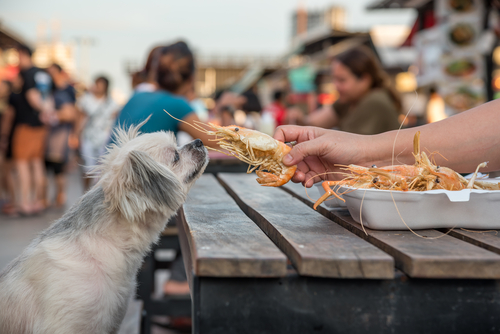
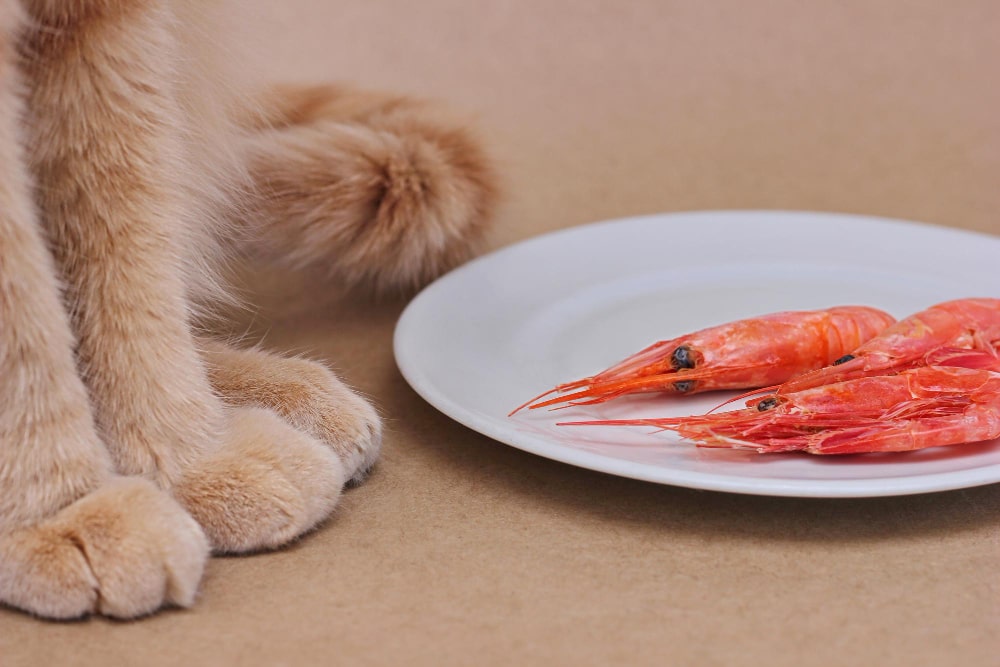
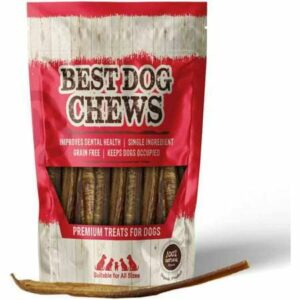
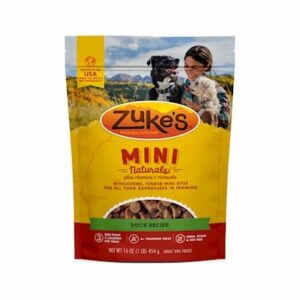


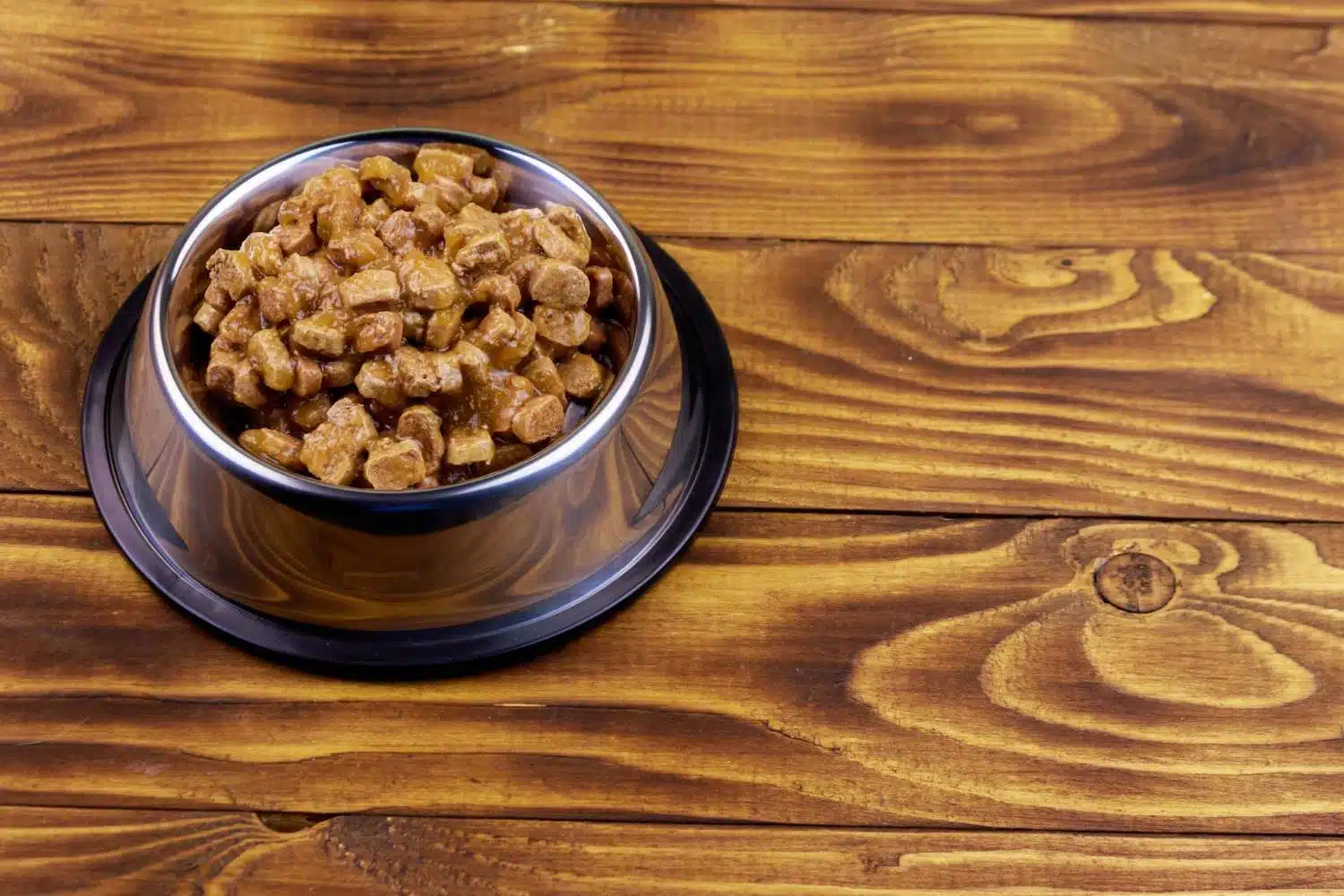
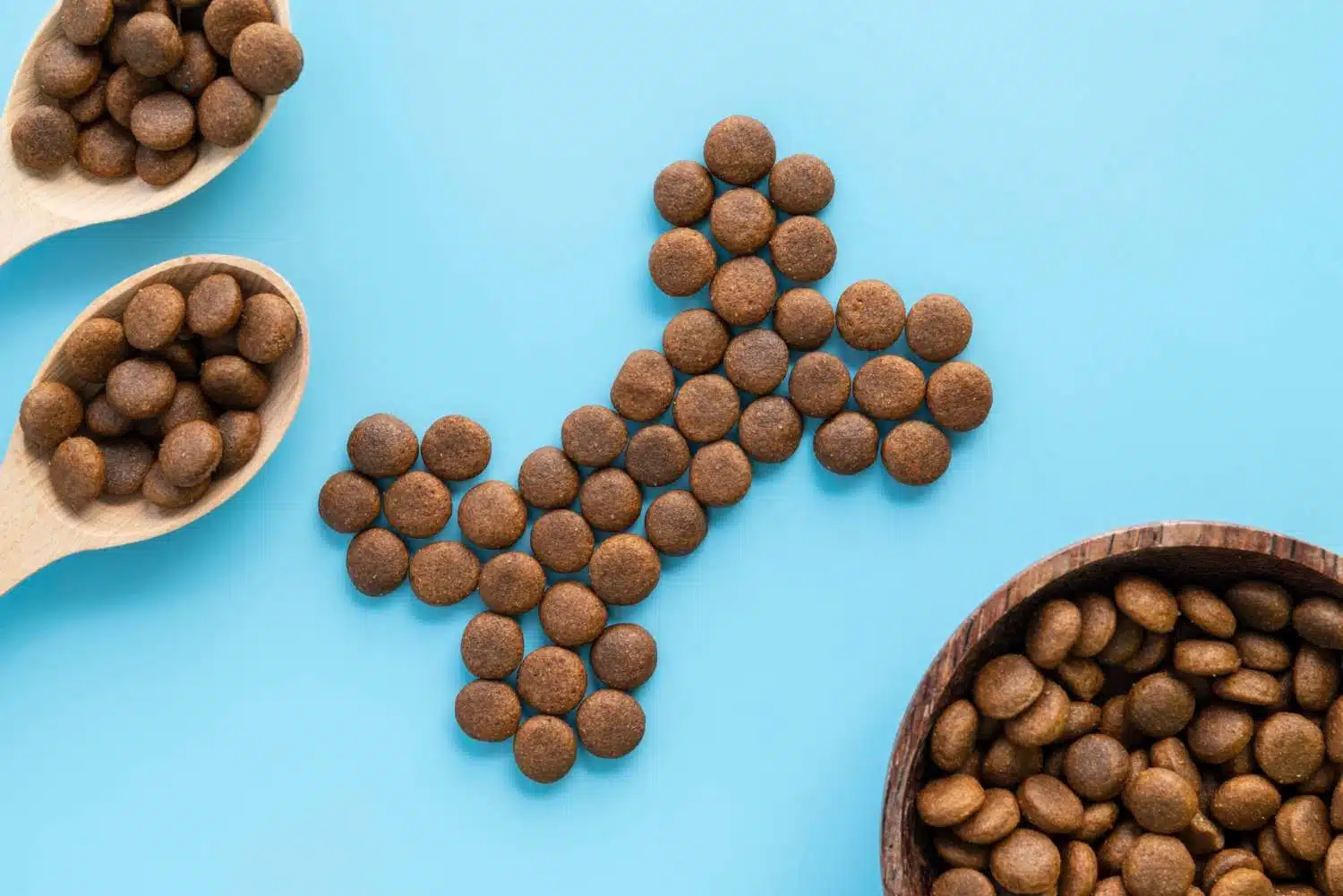


Get involved!
Comments